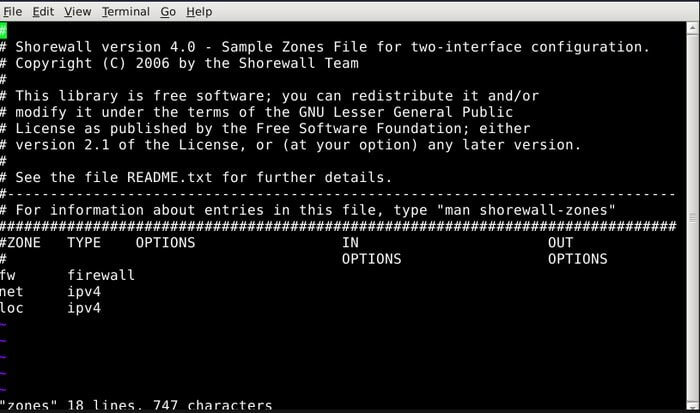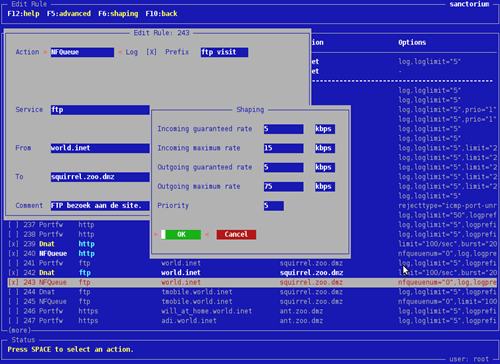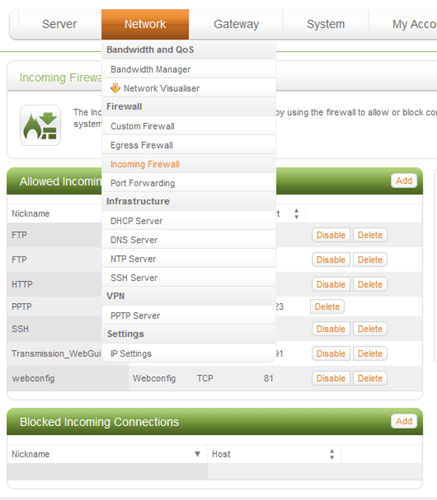A Firewall is an essential tool for protecting a computer network from threats by filtering inbound and outbound traffic. Many open-source firewalls exist for this purpose. However, an Open-Source Firewall doesn’t necessarily mean that it is entirely free to use.
Instead, it is distributed under a license that allows the user access to the source code. Users can use this source code to develop their own Firewalls or even use pre-developed ones.
But whatever the theory is, an Open Source firewall will save you bucks from buying a paid variant. There are lots of such firewalls available to download from the internet.
But Linux users may find it challenging to find one, as many Linux-based Firewalls have discontinued their services. So, to help you, we have made a list of the best open-source Firewalls for Linux users. If you are a Windows user, Take a Look at the best Windows Firewalls.
List of Best Open-Source Linux Firewalls in 2024
- Firewalld
- UFW
- Iptables
- pfSense
- IpCopFirewall
- Endian
- IPFire
- OPNSense
- Untangle Firewall
- Shorewall – Iptables Made Easy
- Vuurmuur
- ClearOS
1. Firewalld

The main features of Firewalld include D-Bus API, IPV4, IPV6, bridge, and IPset support. Moreover, it allows configuring its settings using the firewall end terminal.
2. UFW

UFW also includes GUI and GUFW for Ubuntu and Debian users.
3. Iptables
Iptables is the most famous name in the Firewall domain. It is a firewall that enables you to rearrange rulesets. Most advanced Linux admins trust this terminal-based Firewall for its efficiency and customization, but that doesn’t mean that novice users will not be able to use it.
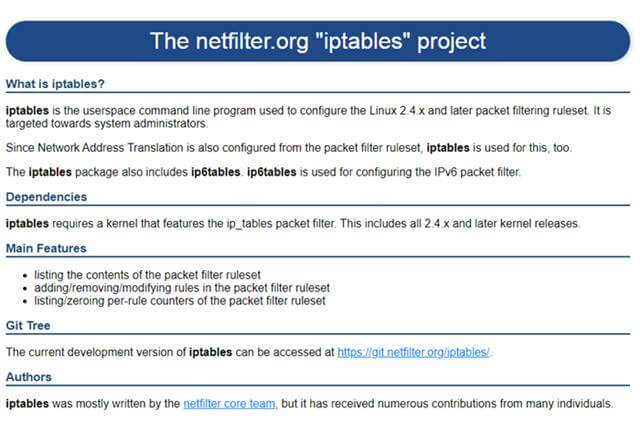
4. pfSense

However, the most exciting aspect of the Firewall is that it is available in many formats, starting from hardware devices to downloadable editions.
A summary of the advanced features offered by pfSense includes load-balancing for inbound and outbound traffic, compatibility with DNS and DHCP servers, and more. In addition to its free version, pfSense also has a premium version for commercial purposes.
5. IpCop Firewall
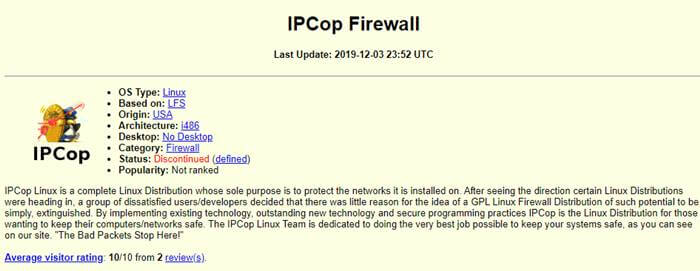
The advanced features of this Firewall include a network-specific virtual machine, enhanced performance through maps and connotations, etc. IpCop Firewall Also features a unified and consistent Syntax to support the protocol.
6. Endian
Endian is a high-security firewall for complete network protection and packet inspection. Its developers claim that the Firewall can convert a simple machine into robust security, spam alerts, etc.
As a result, users have also ensured network security, spam alerts, etc. In addition, users have also provided web security through a URL blocklist.
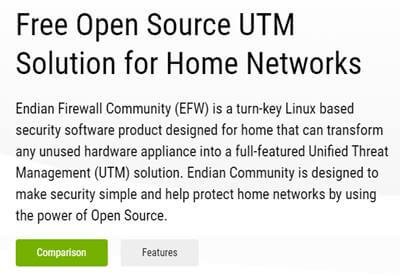
7. IPFire

Many Linux users trust the Firewall for its accessible and dynamic settings. Thus, IPFire is a perfect companion for providing network security.
8. OPNSense
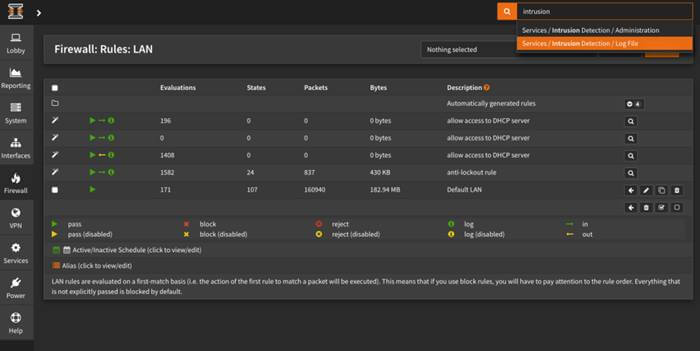
Along with the general features, some additional features of offense include forward caching proxy, traffic shaping, intrusion detection, and VPN. The robust build and various features make it one of the most desirable firewalls for Linux users.
9. Untangle Firewall

Some additional features of Untangle Firewall include Spam, Phishing, viruses, Intrusion prevention, and adblocking. It can be easily installed on any hardware or virtual machine or bought on a device with an NG Firewall preinstalled.
10. Shorewall – Iptables Made Easy
Another popular and well-known free and open-source Linux firewall option is Shorewall or Shoreline. An iptables/ipchains Netfilter system integrated into the Linux kernel provides this firewall protection. IPV6 is also supported.
Shorewall is an alternative to Iptables if you have trouble establishing rules or using the Firewall. It can run various gateway, router, and firewall applications.
11. Vuurmuur
With a clear and consistent interface, Vuurmuur surely deserves your attention when you’re looking for a firewall for Linux. Its highly configurable, stable, and secure firewall system allows you to manage everything seamlessly.
Installing and setting up could be a bit tricky, although it has easy configuration options, too. However, it supports traffic shaping and IPV6. Furthermore, it has many advanced features to monitor logs, connections, and bandwidth usage.
12. ClearOS
There is a lot to like about ClearOS; its firewall option is one of the best. The centos base ClearOS distro which can be used as a firewall and content filtration. Moreover, it has an excellent ability to detect intrusion.
ClearOS has a clean user interface, as its name suggests. Thus, you can install and use it without any trouble. Even if you want to flesh out several networks, it has options for you. All in all, it’s a super easy distro that can be a firewall option for Linux.
Hopefully, you now have a better understanding of the significance of maintaining network security. With this Linux firewall, you can ensure your network will not be hacked. I hope this Linux firewall software list will help you get the best one.

